
Welcome to a new series that ranks every Academy Award for Best Picture winner thus far! This is the first of seven segments that will look at each Best Picture winner of each era. The snippets into digestible parts also allows the ability to admire how the film industry has vastly changed.
These lists are in no way meant to consider the Academy Awards the be-all and end-all of film criticism; these are just seven ways to 1) lead up to the next Academy Awards ceremony, 2) celebrate the ever-evolving lifespan of cinema as a beast of entertainment and of artistry, and 3) to see how our evaluations on these films have changed over time.
This initial entry is going to cover some vast ground. A legitimate silent picture (and a great one at that) is actually featured, and from the second win on, sound film was already being incorporated. This list has pre-code films, and then those that have been bogged down by the Hollywood Code (that demanded that taboo subjects are cut out of films, the hero always has a happy ending, and more).
There will be technological breakthroughs, films that changed cinema forever (a great example is the number one spot on this list), and even films that will boggle your mind as to how they won. The oldest Best Picture winner is ninety years old, so this will be a great way to see how the earliest Best Picture winners hold up. Here are the earliest Best Picture winners in order from worst to best.
22. Cimarron (1931)
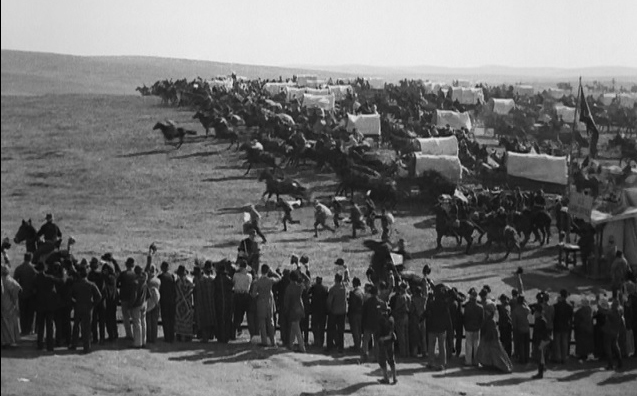
Awful. Abhorrent. Distasteful. Racist and sexist. Cimarron has the distinction of being one of the very few western films to win Best Picture, but a look back on the film almost ninety years later will give you a different perspective of what this early Academy winner is mostly identifiable with.
It is the worst Best Picture winner in Academy history, and one of the few entries here where the bad doesn’t just outweigh the good, the good is barely anywhere in sight.
The start of the film is promising, with a mad dash across the plains to recreate the Oklahoma Land Rush. From this opening spectacle, the film never comes close to achieving this level of magic again. There is a large amount of racism, however, with young servants fanning the family at the dinner table below them.
The film focuses on the head of this household, Yancey, who is a gun toting wonder. This hero disappears for a chunk of the film, and comes back at the end to steal the success of his loved one, because a woman couldn’t possibly be credited for some of the film’s glory. Cimarron is disinteresting, offensive, and barely watchable. My, how times have changed.
21. Cavalcade (1933)
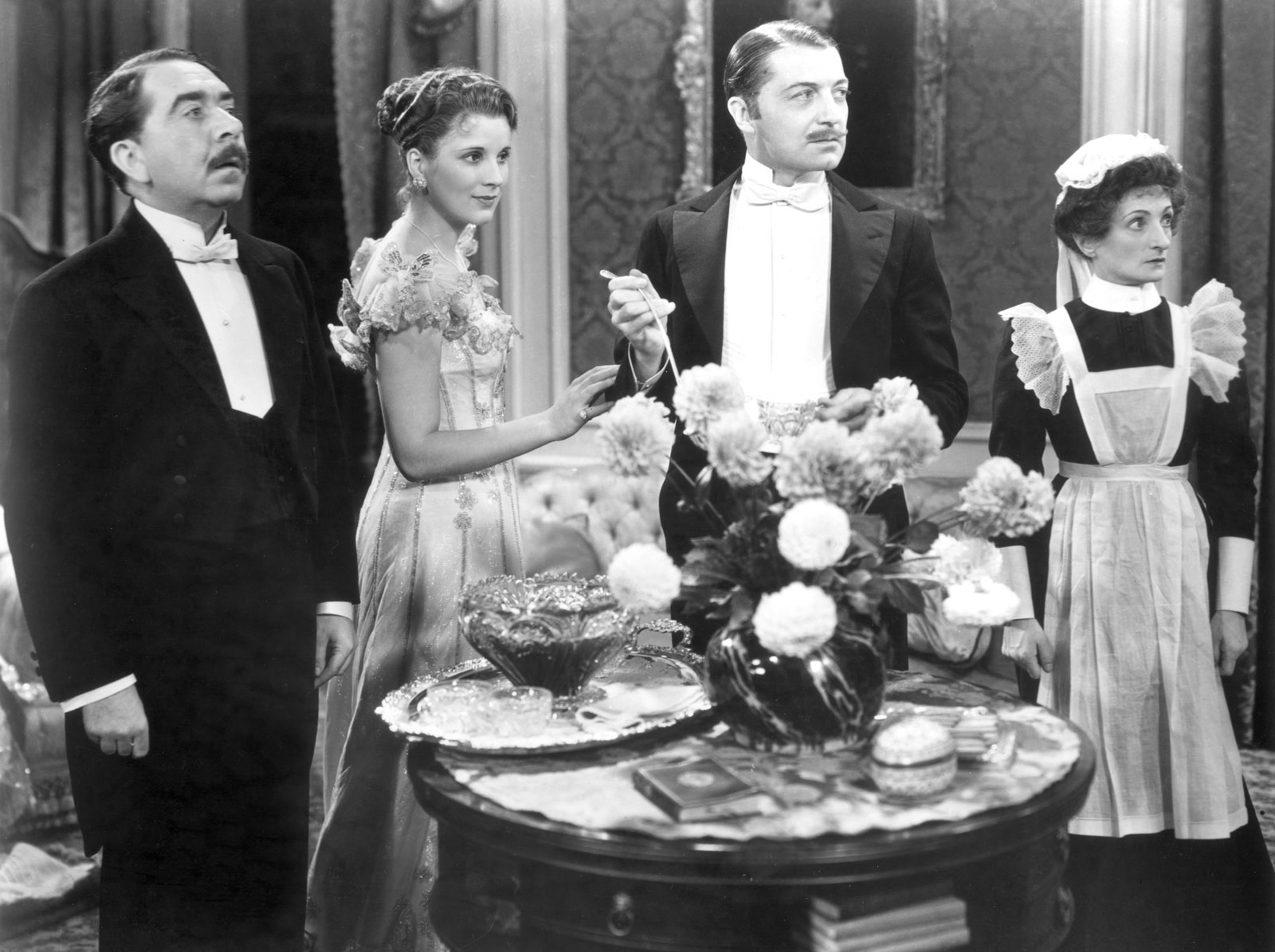
Cavalcade would never be made now. At the time of its release, this championed film was an adaptation of an already popular play of the same name. It tells the story of the generations a family experiences as they grow older and experience the world.
The movie dedicates its finale to the previous occurrences, with a look towards the future. Once again, we have a relatively plotless slugfest here (a few plotless films will find their ways onto this list early on), that disguises its lack of focus with a guilt trip that lingers throughout its duration.
The Marryot family experiences the Boer War, World War I, and even the sinking of the Titanic (if you didn’t know that there was more than one Titanic-related Best Picture winner, now you know). Some of these events are sprung upon you without any rhyme or reason; a blatant offender is the revelation that a pair of lovebirds are about to die on the RMS Titanic as soon as the scene ends (as a life saver with the name of said liner is uncovered).
While the concept of the viewer living vicariously through a regal family sounds interesting, it was done poorly in Cavalcade, where the offences will resonate with you more than the darling Marryot clan.
20. The Broadway Melody (1929)
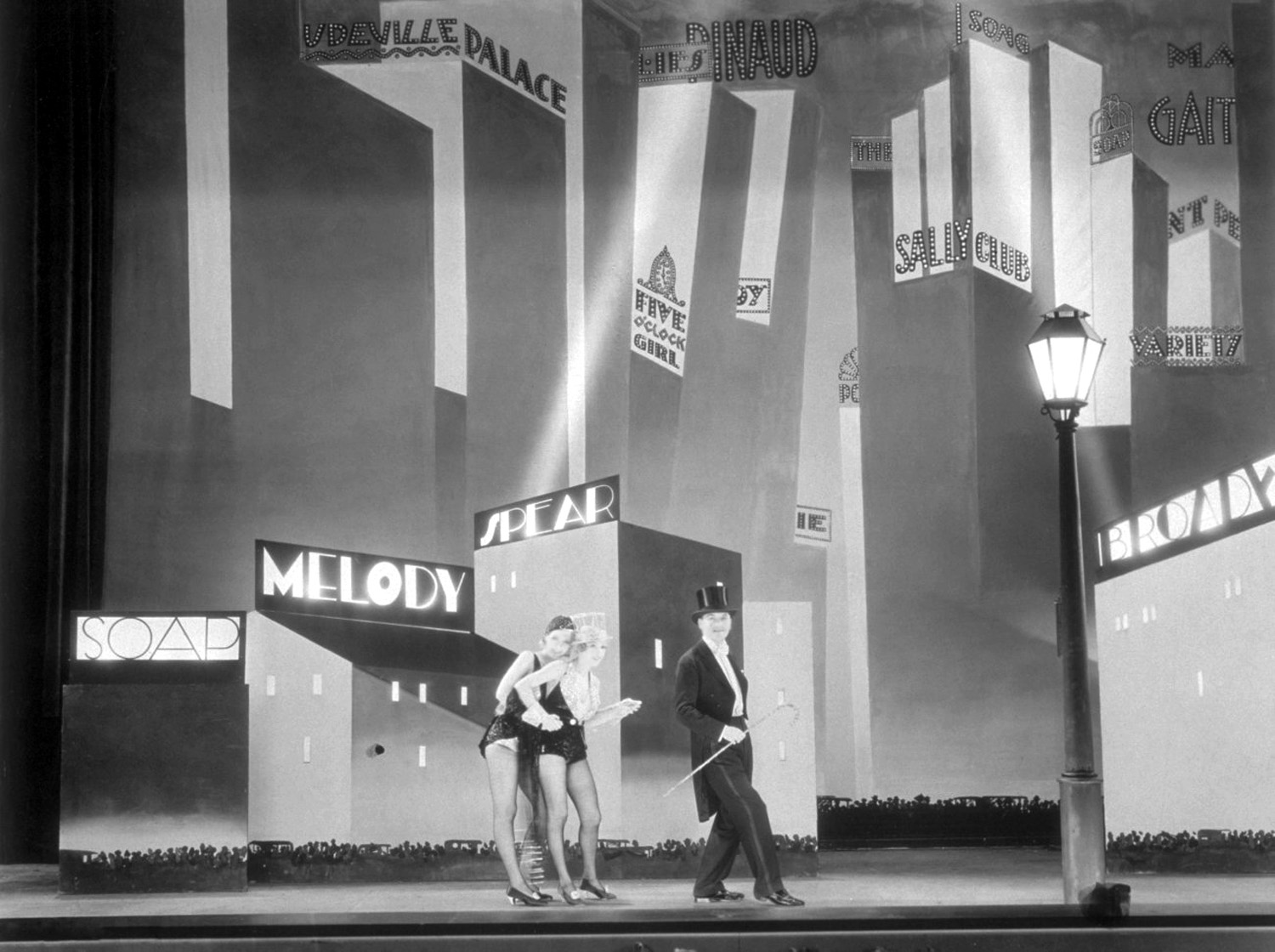
This is a bittersweet entry. The Broadway Melody was the first talkie to win Best Picture, it was seen as a marvel at the time of its win, and this winner, of which is often considered the all time worst Best Picture winner, may be simply misunderstood.
The Broadway Melody is not well made, that is for certain. However, it just is not an offensively bad movie like the previous two entries. It may be easy to hate this film, because it would maybe be long forgotten if it wasn’t, unfortunately.
What is worth commenting on here is the faults that do make this film such a low entry. This is a musical, where the sound recording is incredibly faulty. People talk during featured numbers, the instruments clash and you cannot hear any dialogue on top of it, and the songs are incredibly dated. What’s worse is that this film, of which relied heavily on its artistry (there is a supposed colour sequence that has not since been retrieved and is considered lost), is essentially plotless.
You have two starlets (played by Anita Page and Bessie Love) trying to make it in the industry, but that feels like a cover up to have theatrical numbers. The Broadway Melody is bad, but still a notable winner for the little it did achieve for its time.
19. Going My Way (1944)
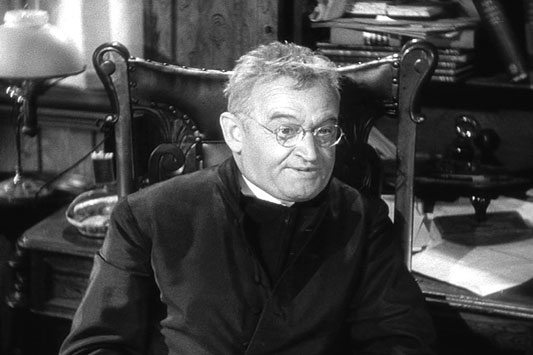
Leo McCarey’s soulful musical is one of the most confusing Best Picture winners in history. Going My Way is not the worst winner of this award, but it honestly is the film that feels the least like a legitimate winner. There aren’t any overly sentimental moments, segments that feel ambitious or grandiose, redeeming aspects or anything heavily of note.
The only scene that is in some sort of way memorable is the harmonized note the young children sing under Bing Crosby’s character’s guidance. It is a pretty turning point in the story, where you can notice a shift in characters all throughout the cast. Aside from that, Going My Way is a standard musical, a safe character study, and just another film.
Was this film awarded its high praise simply for Bing Crosby’s crossover into the film industry after being a musical sensation? Perhaps. You also have Barry Fitzgerald’s strange two nominations for the exact same character (Best Actor and Best Supporting Actor, of which he won the latter award).
If anything, the film picked up quite a number of wins outside of any clear advantage Crosby would have had. Maybe Going My Way just felt highly different in 1944, but it stands today as simply a film that won (somehow), and that’s about it. If you want a safe winner that has a very small chance of outright offending you, head this way.
18. How Green Was My Valley (1941)
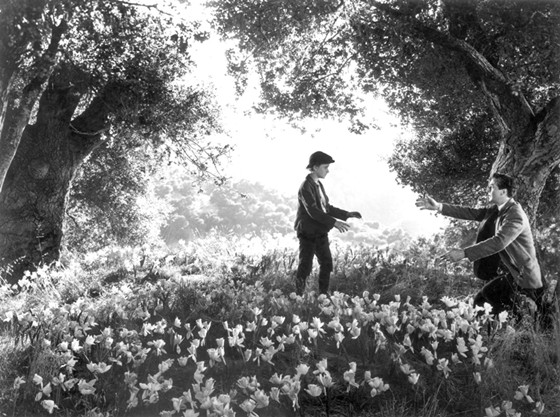
More commonly known as “How did this beat Citizen Kane?”, How Green was my Valley is an honourable attempt at focusing on a family’s tribulations through their everyday lives. John Ford is one of the all time director greats, so you know at least some aspect of How Green was my Valley would be remarkable. The ending is gorgeously shot, and endearing parts of the film are sprinkled throughout the total duration.
However, Valley, as a whole, is a bit confused as to what it is trying to display. What exactly is this film trying to say about blue collar industries (like mining), religion, education and the societies of Wales? Does the family at the centre of it all learn anything more than “we will make it through this”?
What lasts with you is not the story itself, but moments of the story, whether they be the visual elements, the music or the emotion that s out of the film. Ingmar Bergman is one of many directors who has praised Jon Ford as a visionary, and you can see a slice of inspiration that Bergman had clung on to in the finer moments of this film.
Valley is an imperfect film that is both a puzzling Best Picture winner and not nearly as bad as it’s been made out to be. Remove the Citizen Kane comparison, go in expecting to find some parts will drag out, and you may find yourself with some mined gold on your way out.
17. The Great Ziegfeld (1936)
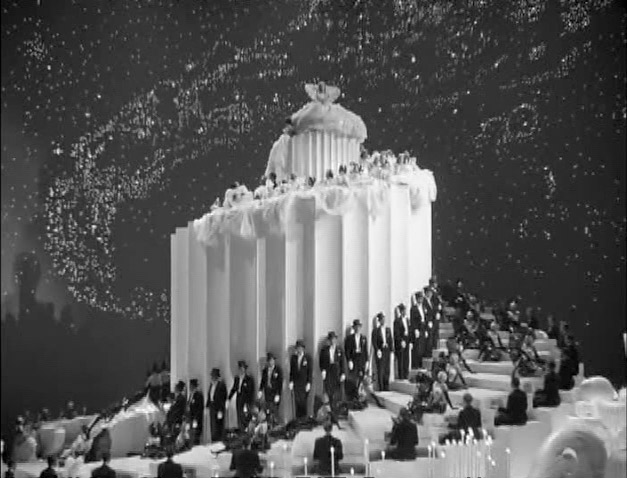
This film is most likely what The Greatest Show on Earth wanted to be; all it needed was the Great Ziegfeld himself. Glistening with grande scenes of performances, majestic animal tricks and more, The Great Ziegfeld’s primary focus was to bring the spectacle to the viewer.
As a story, The Great Ziegfeld may spend more time having fun than developing (not to say that it doesn’t move forwards in any way). As a cinema of attractions (a concept, of which has shifted meaning throughout the years, that states that a film is to engage the audience through wonder and excitement), this film serves its purpose.
You see the evolution of Ziegfeld (played by William Powell) in his different environments, yet the man was always a showstopper. Powell is commanding from start to finish, and you get sucked into all of the acts (if not by Robert Z. Leonard’s direction alone). Even though the film works as a biographical picture, the primary focus is more on recreating the entertainment that his performances created and less on creating a story for the legend. No matter, as The Great Ziegfeld is still quite the show.
16. The Best Years of Our Lives (1946)
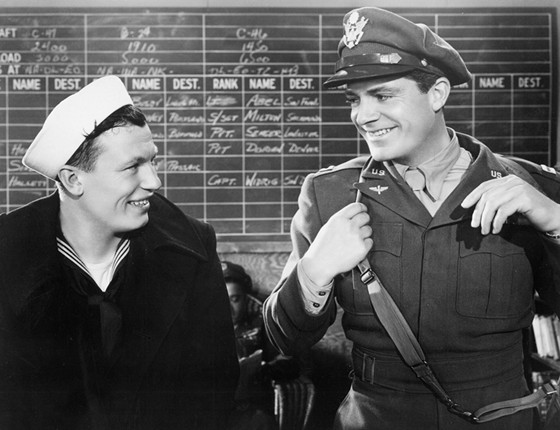
Get used to the name William Wyler, because his name will pop up a few times (rightfully so) in the Academy’s history. Some of his films to not win Best Picture include Dodsworth, Roman Holiday, Funny Girl, Jezebel, The Children’s Hour, and many others.
He has won three Best Director awards, which is far from any sort of a surprise. His second effort to be awarded Best Picture is the lengthy drama The Best Years of our Lives, a film that merits itself on the kinds of everyday debacles we face. The difference with this film is that we visit these problems through the perspectives of three different soldiers who have just come back from World War II.
The opening of the film is a tremendous return of three men with different struggles, and the end is a full circle that feels natural and humanistic; Lives ends with a triumph. The middle portions of the film can occasionally lag, and it slows down the film in a minor way. This slowdown is significant enough to be noticed, but maybe it will be your wish to spend more time with these three soldiers and their different families.
Robert E. Sherwood’s screenplay takes its time with each household, and that may be what it’s all about in the end. The Best Years of Our Lives was an early attempt at focusing on the stories at home and not those out of the neighbourhood, and it succeeds.